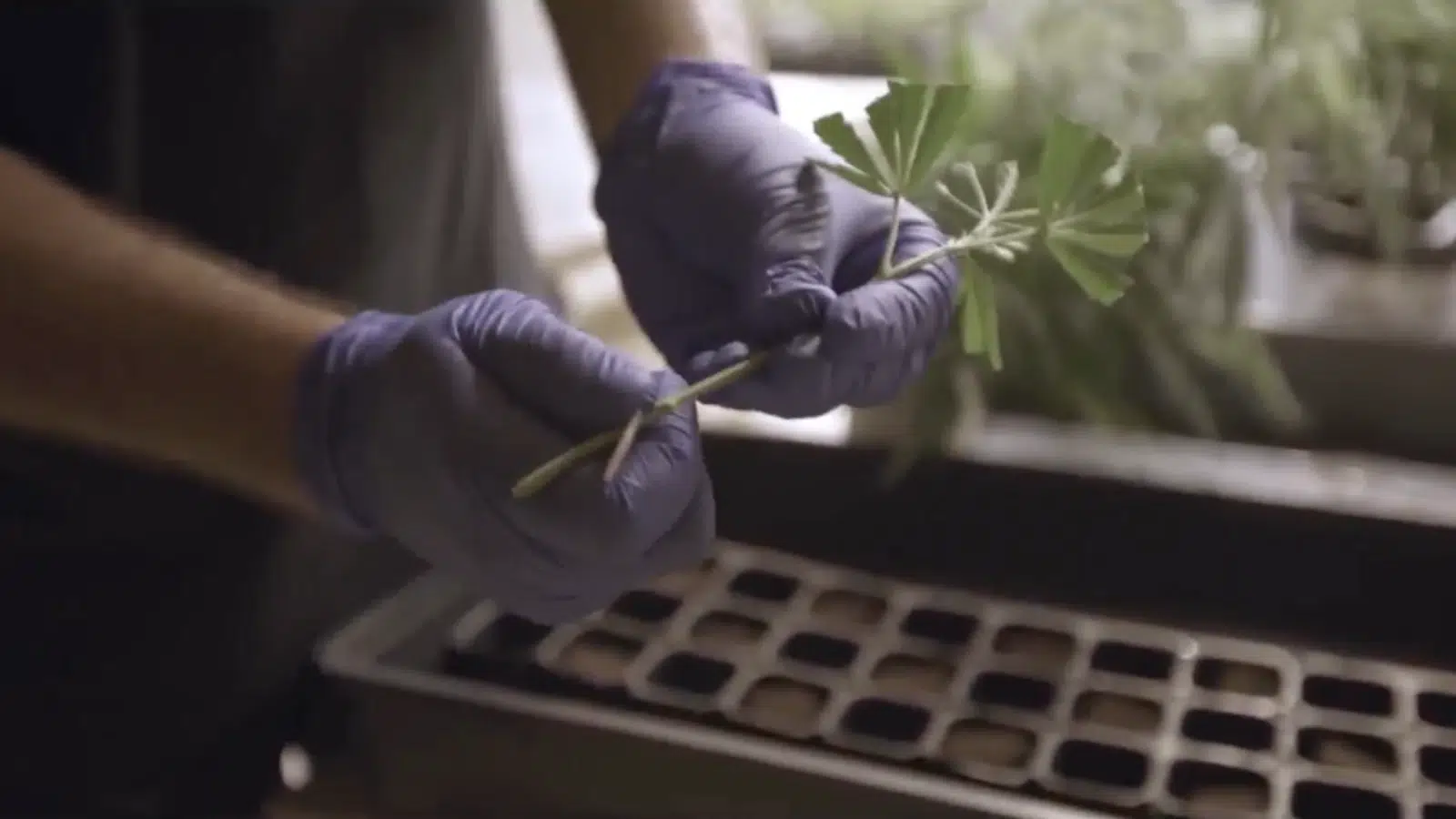
Breaking News: Groundbreaking Study Reveals No Connection Between High-THC Cannabis and Psychosis Risk
Introduction
In a pivotal study that stands to reshape prevailing beliefs around cannabis, researchers have made a significant discovery: there seems to be no potent connection between high-THC cannabis and a heightened risk of psychosis and other mental health symptoms.
Investigators from the prestigious University of Bath undertook a thorough exploration into the reputed association between the potency of cannabis and the probability of developing cannabis dependence and mental health afflictions such as anxiety, depression, and psychosis.
Often, cannabis potency and high-THC levels have been considered the culprits for an increased risk of mental health disorders – especially symptoms related to psychosis. However, this groundbreaking analysis leads the way in utilising multiple data sources and methods, such as self-reporting and objective evaluation of cannabis potency, to comprehend its ramifications.
Key Takeaways:
- Researchers found no direct link between high-THC cannabis use and psychotic symptoms.
- The team utilised both self-reporting and objective measures for cannabis potency assessment.
- Any correlation detected between cannabis potency preference and increased risk of dependence was nullified after adjusting for the frequency of use.
Study Methodology
A diverse group constituted of 410 participants, aged 16-24, who had used cannabis at least once a month over a year, became part of the study. The research team assessed the link between cannabis potency and mental health outcomes in these cannabis consumers. Interestingly, almost half of them were found to be daily users.
These participants subsequently provided a 0.3g sample of the cannabis they planned to smoke. They were examined at their own residence on two distinct occasions to compare their responses when under the influence and sober.
Tests were administered to determine THC concentrations in the samples, and the participants were asked to fill out a series of questionnaires, which assessed cannabis dependency, potency preference, levels of anxiety and depression, and the presence of psychosis-like symptoms.
Findings
The findings were staggering: after adjusting for potential confounding variables, no association was detected linking more potent cannabis use to an increased risk of dependence or symptoms resembling psychosis.
Even while a slight elevation in the risk of cannabis dependence was found among those preferring higher potency cannabis, this link dissolved after adjusting for frequency of use. Only ‘weak evidence’ of a marginal association between cannabis potency and depression and anxiety was reported.
In their concluding remarks, the researchers highlighted, “No association was found between THC concentration in cannabis and cannabis dependence… High potency cannabis preference and THC concentration might be associated with symptoms of depression but more evidence is needed to understand this relationship.”
BRITISH CANNABIS’s Take
This study is a major stride in untangling the complex relationship between cannabis and psychosis, disrupting several age-old assumptions. While more research is undoubtedly required to fully understand this nuanced subject, this study is an important milestone in emphasising that a simplistic view of ‘higher THC = higher risk’ is unlikely to hold in light of the diverse factors at play. The evidence is mounting; it’s time to embrace a more nuanced and comprehensive understanding of cannabis.






